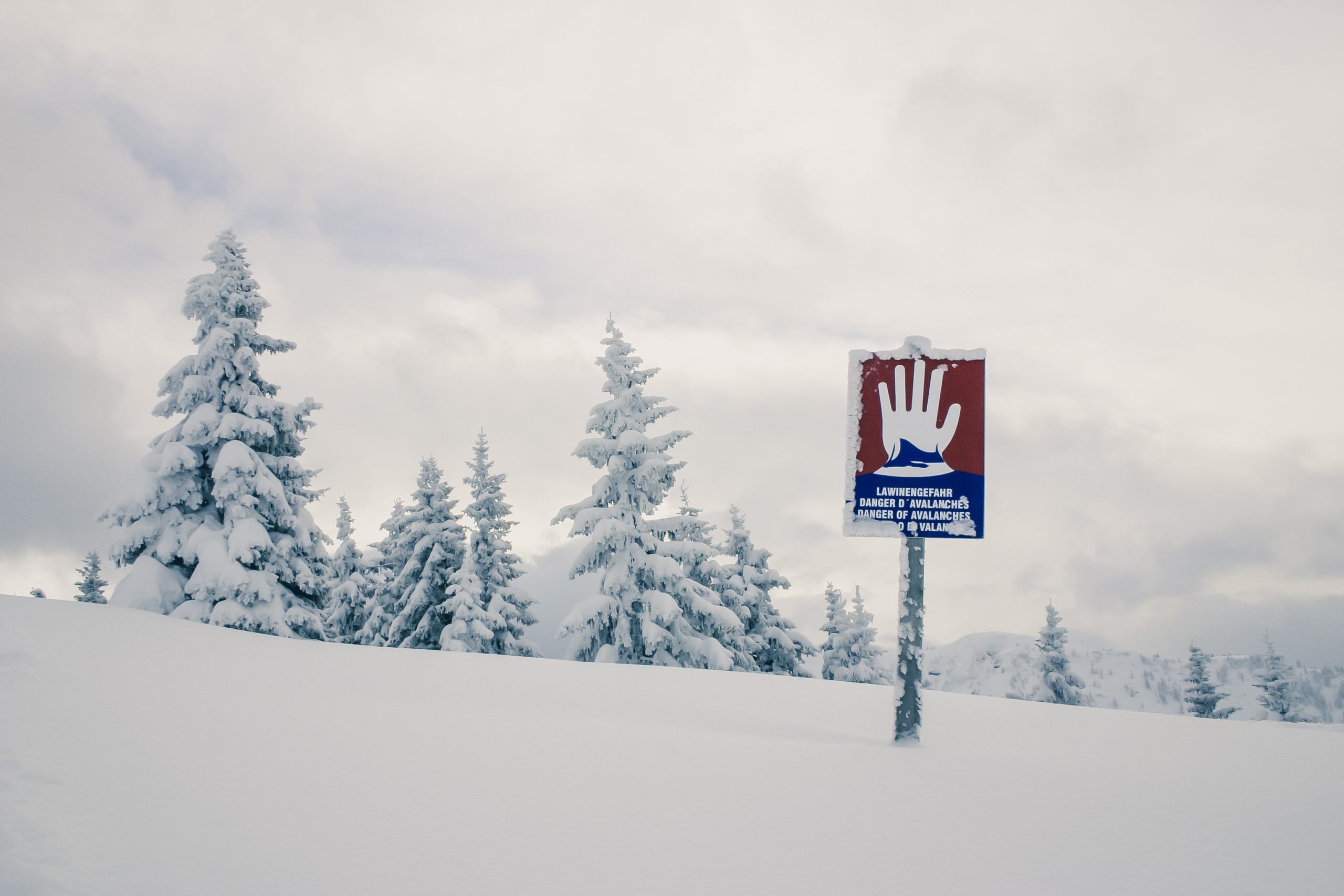A new warning about the elevated risk of avalanches in B.C.’s backcountry.
Avalanche Canada, BC Search and Rescue Association, and WorkSafe BC are asking people to educate themselves on avalanche safety and preparedness before venturing into the mountains.
“Here in B.C. we have some of the most beautiful winter backcountry in the world, but the risk of an avalanche is also there,” says Gilles Valade, executive director of Avalanche Canada.
“With this right to explore comes a responsibility — to yourself, your friends, and your family — to get avalanche training.”
The Vancouver Island Avalanche Centre rates the risk as high on both the alpine and treeline by Friday.
It says afternoon warming temperatures and rain Thursday evening into Friday will rapidly decrease the stability of the upper snowpack.
This season, B.C. has already seen three deaths related to avalanches.
They say ongoing closures on B.C. highways due to avalanche risks is a reminder that when conditions are right, they can happen anywhere.
They added that preparedness is key.
If a backcountry user is caught in an avalanche, a search and rescue (SAR) response can only take place after a safety assessment and possible control work are completed — meaning users cannot assume SAR will always be available.
That’s why Chris Kelly, BCSARA President says it’s critical that backcountry users know how to carry out an effective companion rescue.
“Everyone needs the proper gear and should be well trained in its use. The unfortunate reality is that survival rates drop dramatically after just 10 minutes of burial,” Kelly said.
He added that workers are also at risk of avalanches.
In the past 10 years, WorkSafeBC has received 36 worker claims related to avalanches, including 12 serious injuries and two fatalities.
“We want to remind employers who have staff working in the backcountry that they must provide the proper equipment, processes, resources, and training to their workers, whether they be employed in eco-tourism, hospitality, forestry, or recreation,” says Al Johnson, head of prevention services with WorkSafeBC.
“All workers who are exposed to avalanche terrain require an avalanche safety plan.”
Avalanche Canada’s website provides resources for backcountry users and the daily avalanche forecast is the first place to check when planning a backcountry outing.




